
We believe in the power of uniting our community to bring about change.
For more than 80 years, Trident United Way has united our community to create access to opportunities for all our region’s residents to thrive. Together, with our Tri-County change-seekers, we’re mobilizing a movement to lift up all our neighbors and colleagues to break the cycle of financial instability.
Our focus centers on ALICE® (Asset Limited, Income Constrained, Employed) households - families who make more than the Federal Poverty Level but don't earn enough to cover the rising costs of living. As ALICE households continue to grow, we're working on bold, community-rooted solutions to support families in getting ahead when it is harder today than ever before.
Our Mission
Trident United Way is uniting the Tri-County to uplift families out of poverty.
Our Bold Community Goal
Our bold community goal is to uplift 15,000 families out of poverty by 2035.
Strong Families, Strong Community Initiative
Driven by our mission and bold community goal, Trident United Way's Strong Families, Strong Community Initiative aims to give hardworking families the tools, resources and support needed to overcome costs rising faster than wages.
Our History
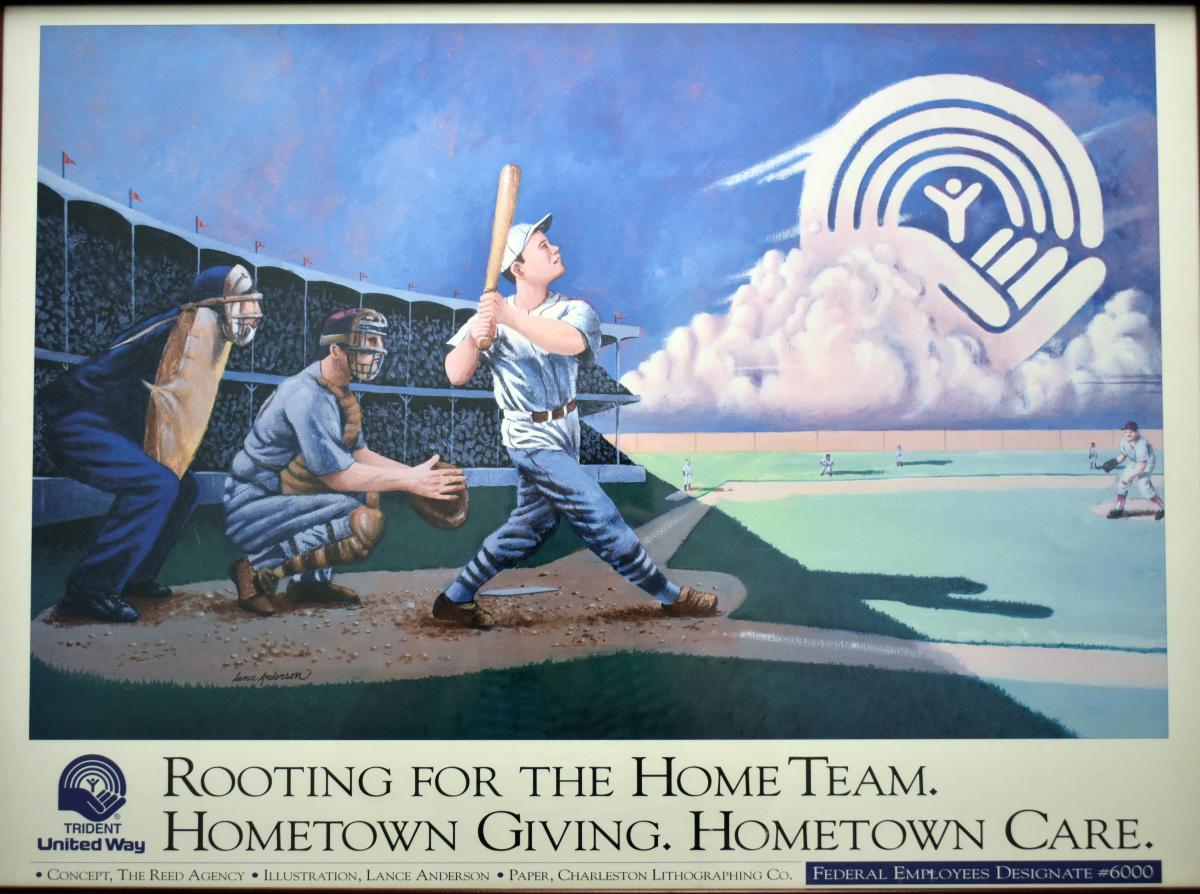
Trident United Way was established as the Community Chest in 1944 in Charleston, S.C. The organization worked to raise funds through one general annual campaign and distribute to member agencies.
Previous iterations of the philanthropic organization in Charleston included the Social Services Exchange, established in 1922 to reduce duplication of services and competition for resources. The Social Services Exchange became a member of the short-lived Community Chest in 1925.
Community Chests had increased in number across the United States, with about 1,000 in existence by 1948. The rise in popularity of war bonds paved the way for payroll deductions as a method for raising funds for philanthropic purposes. Community Chests eventually became United Ways and adopted this practice nationwide.
Charleston's Community Chest underwent several name changes throughout the years, including Community Chest of Charleston County, Community Chest Red Cross, United Fund and United Community Services. When services were expanded in the 1970s to include Berkeley and Dorchester Counties, the organization was renamed Trident United Way.
For the past two decades, we've focused on the three impact areas of education, financial stability and health. After more than a year of research, discussion and consideration, Trident United Way’s board and staff voted to shift our mission work away from the three-pronged approach to a single focus: Financial Stability for Tri-County families. We look forward to sharing the innovative solutions to meet ALICE families where they are and help them get where they want to go.
As an organization, we are confident that with the continued dedication and passion of our staff, board, nonprofit partners and the greater community, we will continue to make a profound impact on the lives of households living below the ALICE® Threshold in our community.
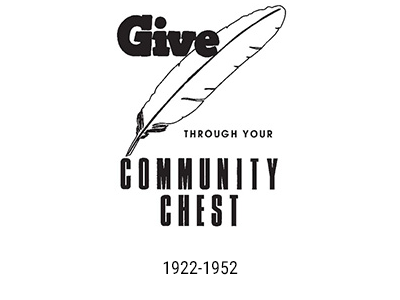
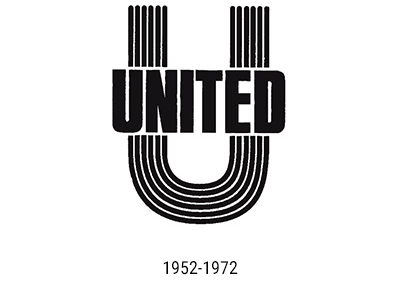
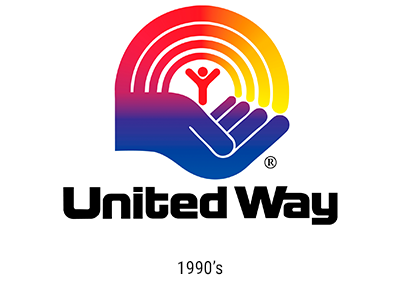
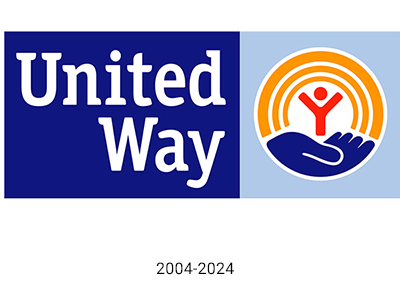
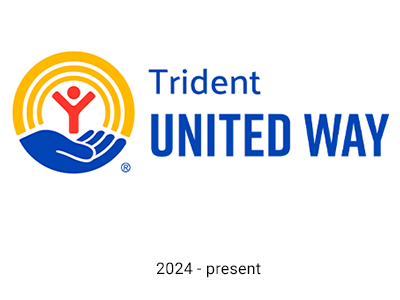
Former Board Chairs
Barbara Melvin
Mark Lewis
Wendy Kopp
Tim Grow
Stephen K. Polston
Fleetwood S. Hassell
Robert F. Fei
PJ Browning
Edward A. Rose III
Bruce Hoffman
Todd Galllati
Don Kassing
Charles Patrick
Lonnie N. Carter
David L. Dunlap
Bill Finn
Len Hutchinson
Larry Tarleton
Jesse Dove
William A. Moody, Jr.
A. Thomas Hood
Anita Zucker
David Q. Soutter
S. Cal McMeeking, Jr.
James C. Murray
Mary Thornley, Ed. P
Y.W. Scarborough III
Paul G. Campbell, Jr.
Elizabeth Marshall
Kenneth R. Ford
John M. Jordan, Jr.
True G. Applegate
George J. Bullwinkel, Jr.
Henry J. Blackford III
Henry J. Lee, Sr.
Marvin Johnson
John H. Allen, Jr.
N. Winfield Sapp, Jr.
Daniel L. McKnight, Jr.
Mgen. James A. Grimsley
Dr. Gordan B. Stine
Hugh C. Lane, Jr.
Vernon B. Strickland
Harold S. Pettit, M.D.
Leonard C. Fulghum
O. Johnson Small
W.B. Chisholm
C. Ronald Coward
Wilmot Gibbs
O. Rhett Talber, M.D.
Dr. Theodore S. Stern
John M. Settle
John E. Huguley
John G. Seabrook
Henry B. Smythe, Sr.
G.K. Livingston, Jr.
James B. Bagwell, Jr.
Thomas E. Thornhill
Richard B. Grimball
Henry Deas, Jr.
Frank S. Henley
Lloyd S. Liles
David T. Coleman
William P. Brennan
J. Conrad Zimmerman, Sr.
Batson L. Hewitt
Newton F. Hancock
Hugh C. Lane, Sr.
J. Edwin Schachte, Jr.
Horace G. Adams
W. Harold Butt
John M. Rivers, Sr.
Julius Schroeder
Harold A. Pettit
Y.W. Scarborough, Sr.
C.W. Legerton
C. Bissell Jenkins
CY PRES AWARDS
Cy Pres is a doctrine that permits a court to award any unallocated, unclaimed or undeliverable funds from a settlement or judgment to a nonprofit organization. Trident United Way accepts cy pres awards and is grateful for the support that these awards contribute to our community.
Trident United Way works to assist communities to promote an improved and sustainable quality of life so that every person can achieve their greatest potential. We focus on improving the financial stability of families in Berkeley, Charleston and Dorchester counties. Trident United Way works to bridge people, local nonprofits, corporations and resources so individuals and families can thrive in the Tri-County. Our efforts in many substantive areas, such as employment, housing, disaster recovery, community resilience, health and well-being, and education, provides a connection to most types of class action cases.
If you are considering making a cy pres award to Trident United Way, please contact Danielle Feit, Director of Planned Giving and Endowment Strategy, at dfeit@tuw.org or (843) 740-7756.
